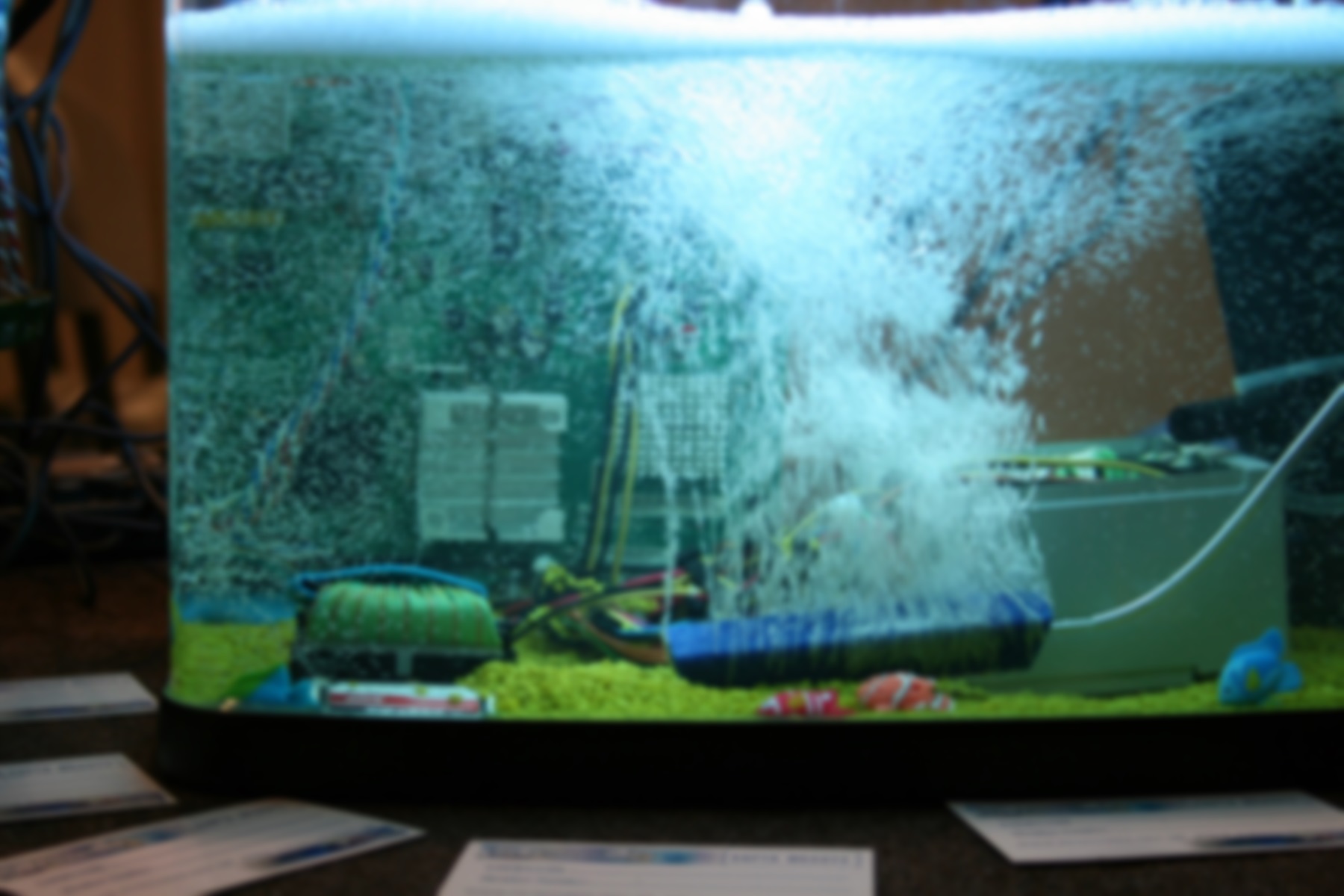I just found a notebook (of mine) from 2001 with just two pages used. The first page contains a bunch of accounts, email addresses, and URLs of interest from that time. Here’s the breakdown:
- 3 of my old email addresses that are no longer valid
- 3 accounts for sites that no longer seem to work
- 5 sites that appear to have been domain-napped (only showing ads now)
- Two sites that appear legit but under new ownership
- One URL that redirects to a new page
- One URL that redirects to a different site (likely an acquisition)
- One URL that is not found but the site still exists
- One URL that still works
Less than 7 years and all this stuff that was once relevant is dead and gone. One lonely URL that is still there waiting for me to return to it. Makes you take pause when you think about how transient so much of the Internet can be (e.g., Scoble was erased from Facebook). By contrast, the second page of my notebook has a quote:
Work is not simply a process of data manipulation (and has never been such), it is a social artifact.
It is from a paper by Nicola Millard, Paula Lynch, and Karina Tracey published in the Proceedings of the 3rd International Conference on Requirements Engineering (1998). It’s only found on two pages on the web. But even after 10 years you can find that article in any well stocked engineering library.
There is a lot (A LOT) of garbage on the Internet. There is also a lot of really good content being created by the newly empowered masses and read by more people than many library books ever have been. And yet so much of that content that can easily disappear when someone screws up a database move or a hard drive fails or a service provider goes out of business.
I’m sure there’s an entire branch of information studies / library science dedicated to these issues. I hope they come up with ways to ensure our generation’s digital legacy is more than MySpace, YouTube, celebrity gossip, and tech news.
